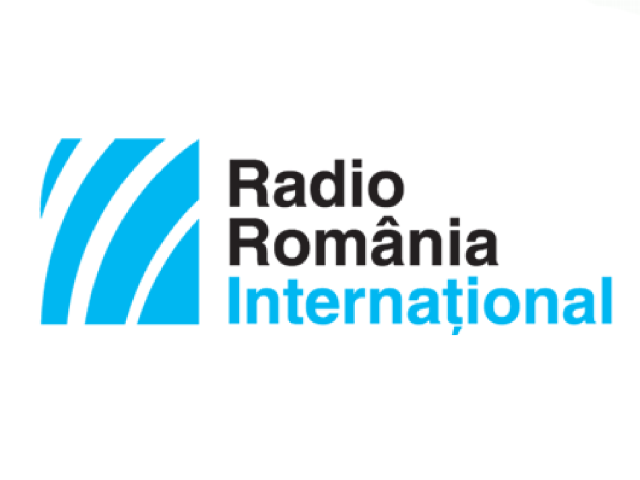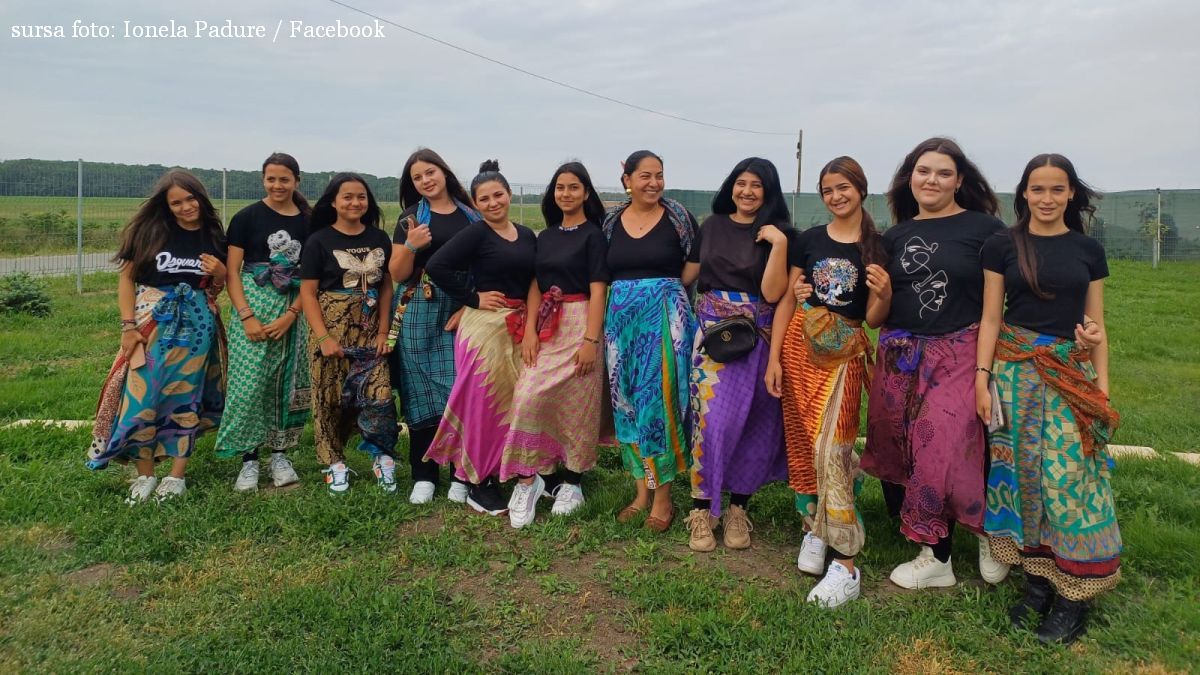Romglish and its Users
Just as the term ‘Franglish has long been used in French to define the use of a mixture of French and English words and phrases, in a colloquial language, the term ‘Romglish has emerged in a similar way.

România Internațional, 11.12.2013, 13:29
Just as the term ‘Franglish’ has long been used in French to define the use of a mixture of French and English words and phrases, in a colloquial language, the term ‘Romglish’ has emerged in a similar way. Linguists have noticed that starting 1990, the influence of English has gained ground in Romania by means of music and film. The use of American English in particular, by young people or in certain scientific circles, has become something common. Linguist RodicaZafiu, a professor with the Bucharest Faculty of Letters, gave us several examples of words and phrases in Romglish:
“If we speak about young people’s language, we see that they use a lot of slang words. Some of these words, such as ‘funny’,’ groggy’ and ‘OK’ have been used for a long time in the Romanian language. Nothing new here. But there are many other terms, like ‘loser’ for instance, which have been introduced recently. Besides slang words and expressions, which are expressive and often pejorative, or the words that link information or the conversation together, such as “by the way”, replacing the French expression ‘a propos’, computer and Internet language is quite extraordinary. In spite of the fact that this kind of language is not specific to young people, they are in fact the segment that use it the most. In the computer world it’s not just the Romglish words that are used, but an entire separate language code, inaccessible to older people, with abbreviations like ‘LOL’ and many others borrowed directly from English abbreviations. There are also cases when Romanian words are abbreviated after the English model.”
Fast internet communication has also contaminated the capacity of the Romanian language to adapt to the English used in the IT world. Romanian young people now use English words instead of Romanian for “download”, “share”, “click” and “like”. This phenomenon is a trend, but it is also a matter of choosing the easy way. Sociologist Claudia Ghisoiu explains:
“About 85% of the information found on the Internet is in English, and this is an effect of globalization. That is why around 1.5 billion people throughout the world speak English, at a certain level. In order to navigate on the Internet one needs to understand English. It is a synthetic language, which means it can offer a lot of information in just a few, simple words. This is the reason why it’s so frequently used in the business and IT sectors. At educational level, students receive bibliography in English, they read English books and look for materials on the Internet in the same language. Then there is also the fact that they use many English words when they speak, for the translation of which they would need more Romanian words or phrases.
It’s not just a trend or the excessive computer use that can explain the emergence of Romglish. There is also an attitude towards one’s culture, as sociologist Claudia Ghisoiu explains:
“This is a more than just circumstantial speech. Sociologists use the term xenocentrism. It means appreciation of and the wish to adopt everything that’s imported. This is something that defines young Romanians, who believe that the Romanian celebration of Dragobete is inferior to Valentine’s Day, the latter being imported for economic reasons. Culture is exported through celebrations, films and music. Most of these imports come from the US and are in English, therefore they ‘must’ be good.”
Although there are no studies to explain how spread exocentrism really is, one of the characteristics of the Romglish speakers seems to be their appetite for everything that comes from abroad. This appetite is also the effect of the Romanian culture being undervalued domestically. Nevertheless, Romglish should not be a reason for concern. Rodica Zafiu:
“It’s rather unlikely that Romglish should affect the structure of the standard language or the language of a philosophical essay. It is part of a colloquial and argot language that, by the nature of things, renews itself very often; it shocks at the beginning because just like it now borrows words from English, it used to borrow words from Turkish, Greek and French. So terms like ‘Facebook’, ‘link’, ‘hacker’, are common terms that can either adapt themselves to Romanian or disappear. All these elements are provisional by definition. They didn’t exist 20 years ago and might even disappear, as technology advances, before becoming part of the Romanian language.”
Sociologist and Professor Claudia Ghisoiu however, thinks differently:TRACK: “People over 25 are still unable to write a text of a certain scientific or academic level without using terms in English. It’s the same when it comes to their speech. It is striking. If you ask them to explain what they have written down they have difficulties in doing so in Romanian. They use a whole paragraph to explain one word. They cannot find equivalent words in Romanian.”
Whether it should worry us or not, Romglish is a phenomenon which proves that language is a living thing with temporary norms that can change in time, depending on the circumstances.






























